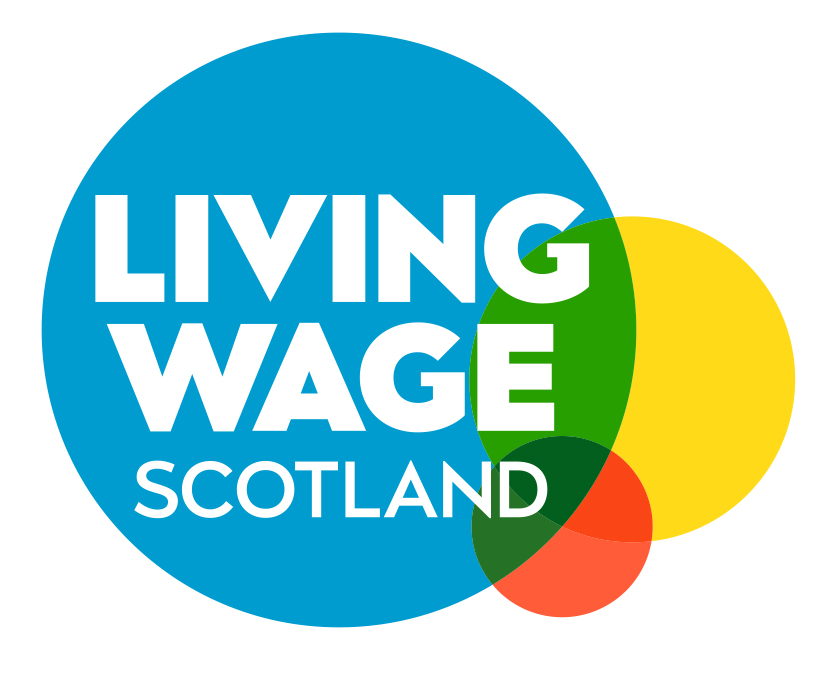By Sandy MacDonald
When I first joined the Living Wage Scotland leadership group, back in 2013, there were less than 30 accredited living wage employers in Scotland. Many of these were small businesses and even individual MSP offices. That year, we set a target to reach 100 accredited employers in Scotland.
As I take over the Chairing of the leadership group from Rachel McEwen, we currently have over 1500 accredited employers in Scotland, covering some 400,000 employees. This is a remarkable legacy from Rachel’s time in the role. Scottish Living Wage employers account for about a third of all living wage employers in the UK, far higher than the 8% of the population Scotland accounts for. Rachel would be the first to say that this has been achieved through lots of hard work from the living wage accreditation team at Poverty Alliance, with significant support from the Scottish Government, and through advocacy from all our existing Living Wage employers.
One of the things I love most about the living wage movement is its focus on celebrating success and those who ‘do the right thing’. It’s a movement that’s characterised by collaboration, innovation and celebrating the positive impact on people’s lives when organisations become accredited. This feels especially important at the current time. There are a number of challenges as we move to the next stage in the campaign to progress towards a society where everyone is paid fairly for the work they do. Many employers across sectors are facing headwinds and we want to ensure we empathise with their challenges, rather than condemn any who have to take difficult decisions in the short term just to balance the books.
First, there is the obvious challenge facing employers from the economic context; with the impact of the lengthy period of austerity we’ve experienced, coupled with political uncertainty arising such as Brexit. There are also longer-term trends especially impacting specific sectors; such as the impact of an ageing population on the care sector, or the impact on the retail sector of the shift to online companies with lower overheads. Finally, the ambiguity that comes from the rebranding of the UK national minimum wage as a ‘national living wage’, despite it not being compulsory for those under the age of 25 and not having any direct link to the cost of living, means companies cannot as simply communicate the difference made by paying a ‘real’ living wage.
It’s not all doom and gloom though. There are also many opportunities to grow the availability and impact of fair work and decent pay. In Scotland we have this group of over 1300 employers, more if you include those headquartered south of the border that have operations in Scotland. Many of them have already taken significant steps not only to pay the living wage, but also to offer inclusive employment, high quality training and progression, and to address potentially exploitative practices such as zero-hours contracts.
Our ultimate aim, since the movement began, is to try to eradicate in-work poverty and make sure employment can genuinely offer a sustainable route to escape poverty. I’m a great believer in trying to turn challenges in to opportunities. Now is a good time to reflect and consider new strategies to help more and more individuals to get fairly rewarded. The two main areas we hope to develop this year are living wage places – working with anchor institutions across sectors in specific locations; and improving the number of hours and the security of employment for lower paid workers.
We’ll not lose sight of the power of the foundation commitment that our accredited employers have made, and the impact it has on people’s lives. The living wage is not a soft thing. It’s a hugely effective commercial solution that’s been shown to increase employee retention, engagement and productivity while also having a significant positive impact on people’s lives. It has a ripple effect in to families and communities and helps address many other societal ills, and the costs they bring. I look forward to working with everyone to help continue to grow the movement and get closer to the point where every worker in Scotland is fairly rewarded for the work they do.

